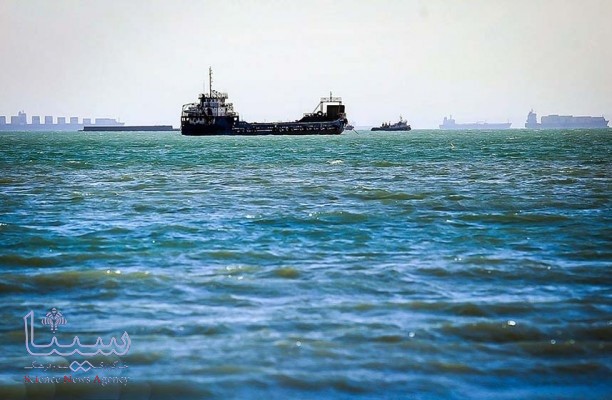Iran's Unknown Share of The Maritime Economy

Abdolmajid Naderi, a member of the faculty of the Iranian National Institute for Oceanography and Atmospheric Science, told Sina Press: "So far, there is no official report in Iran that shows the share of the sea and marine activities in the country's economy. We hear various statistics ranging from a half to four percent share of maritime activities in the country's economy, but the truth is that none of them are valid since they are not provided by official institutions."
He added: "In countries like the United States, various programs are defined and meticulously planned including the National Oceanic Plan, the Oceanic Policy, the Oceanic Executive Plan and the Oceanic Vision. For this reason, the share of the sea in such economies, the rate of entrepreneurship, the economic value of marine and coastal environments, and so on can be easily calculated. There are various maritime institutions in our country, and our annual expenditure in these fields can be calculated by summing up their budgets."
He also said: "We also have many more unknown areas such as how much economic capacity we have at sea, or how we are going to use it, how much we need to invest and how much of the costs have returned to the economy or led to entrepreneurship or increased national wealth."
He reminded: the first step in this field is to have a specific plan for the development of the country by ocean which is known as the ocean economy. According to Sina Press, he added: "Many efforts have been made by the country's marine experts to transfer this concept to the country's decision-making levels, but for various reasons, no decision has been made to use the capacity of the seas and oceans for economic development."
He continued: "Perhaps the most important reason for this lack of attention is our insufficient knowledge of the seas or the weak link between decision makers and those in ocean related charge. There are several high councils on this subject, including the High Council of Maritime Industries, the High Council of Oceanography, and the High Council of the Ports and Shipping Organization."
Naderi added: "Some of these councils have not met even once since their establishment, and some of them pay special attention only to certain aspects of the sea, such as maritime industries."
He pointed out: In the legislative sector, the country's maritime issues have not been taken very seriously as specialized issues and require careful consideration. Perhaps the vacancy of a specialized commission in the parliament is highly felt for this important issue. There used to be a maritime faction in the parliament which no longer exists in the current parliament.
In the end, he said: in the executive field, except for a few deputies such as the Ports and Maritime Organization (Deputy Minister of Roads and Urban Development), Fisheries Organization (Deputy Ministry of Agriculture Jihad) and Marine Deputy of the Environment Organization, in practice, a significant part of the country's maritime affairs is without a trustee, so it seems that the first step to make serious decisions in the economy is to create a suitable structure and trustee to advance the country's maritime goals.
Interview by: Farzaneh Sedghi
Translated by: Mehdi Fallahi Panah

